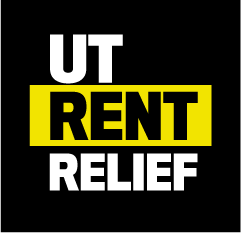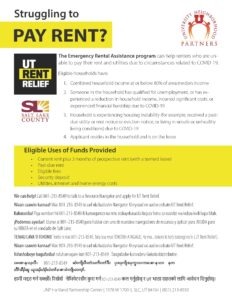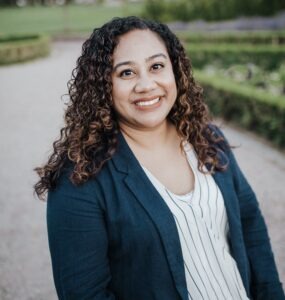
Salt Lake County has partnered with University Neighborhood Partners and other community organizations to help connect community residents to the Utah Emergency Rental Assistance Program. UNP has assembled a multi-cultural team of skilled resource navigators who can help connect community to emergency rental assistance, as well as other social service resources.

The team, coordinated by Lavinia ‘Ulu’ave, is made of community residents from a variety of cultural backgrounds and who are fluent in both English and their heritage languages. These resource navigators offer help in completing the Emergency Rental Assistance Program’s application and are also able to connect community residents to other emergency resources. A variety of languages are spoken amongst the team, including Arabic, Bhutanese, Dinka, Karen, Kirundi, Somali, Spanish, Swahili, and Tongan.
The Emergency Rental Assistance Program can help renters who are unable to pay their rent and utilities due to circumstances related to COVID-19.
Eligible households have:
- Combined household income at or below 80% of area median income
- Someone in the household has qualified for unemployment, or has experienced a reduction in household income, incurred significant costs, or experienced financial hardship due to COVID-19
- Household is experiencing housing instability (for example, received a past-due utility or rent notice or eviction notice, or living in unsafe or unhealthy living conditions) due to COVID-19
- Applicant resides in the household and is on the lease
Eligible Uses of Funds Provided
- Current rent plus 3 months of prospective rent (with a termed lease)
- Past-due rent
- Eligible fees
- Security deposit
- Utilities, internet and home energy costs
About Lavinia ‘Ulu’ave, the Resource Navigator Team Coordinator
 Lavi was born in Kahuku, Hawai’i to parents who are both from the Kingdom of Tonga. As a young child her family moved to Utah where she was raised on the west side of Salt Lake City. She attended and graduated from Brigham Young University in Family Life Sciences with a minor in Sociology. She then received her Master of Public Health degree from Westminster College and a Master of Arts in Education degree from the University of California, Los Angeles (UCLA). Lavi continued at UCLA in the Higher Education and Organizational Change (HEOC) program where she is currently pursuing a Ph.D. Her research focuses on the higher educational histories of Tongan American women. Lavi looks forward to the completion of her doctorate degree shortly.
Lavi was born in Kahuku, Hawai’i to parents who are both from the Kingdom of Tonga. As a young child her family moved to Utah where she was raised on the west side of Salt Lake City. She attended and graduated from Brigham Young University in Family Life Sciences with a minor in Sociology. She then received her Master of Public Health degree from Westminster College and a Master of Arts in Education degree from the University of California, Los Angeles (UCLA). Lavi continued at UCLA in the Higher Education and Organizational Change (HEOC) program where she is currently pursuing a Ph.D. Her research focuses on the higher educational histories of Tongan American women. Lavi looks forward to the completion of her doctorate degree shortly.
